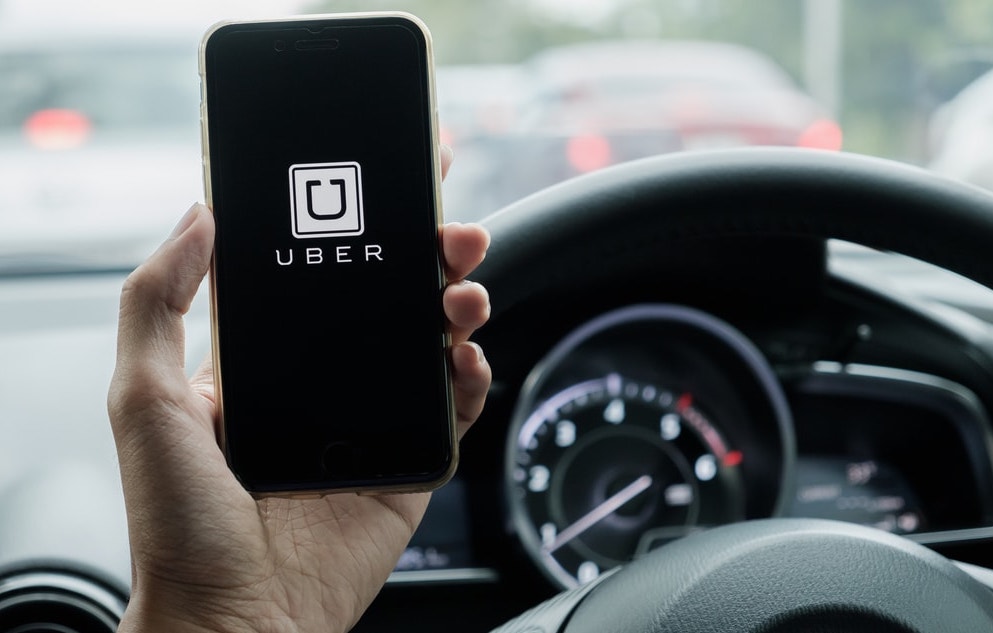Relief for Uber drivers in Kenya as service charges drop from 25% to 18%

On Thursday last week, drivers working via cab-hailing apps Uber, Bolt and Little Cab in Nairobi downed their tools, in yet another attempt to push the companies to lower the commissions they take on rides.
This is a battle that has been ongoing for years, and an active court case is currently before the Supreme Court. The case is challenging some of the proposed laws meant to harmonize operations within this sector. The Kenyan Parliament passed the law earlier this year and charged the industry regulator National Transport and Safety Authority( NTSA) with its implementation.
Uber drivers can now breathe a sigh of relief after the company dropped the commission it charges drivers for every ride from 25% to 18%. This adjustment is a clear indication that Uber listened to the concerns of drivers.
Imran Manji, Head of East Africa for Uber pronounced the company’s commitment to addressing a myriad of challenges that have pushed clashes between the drivers and the firm.
“We are committed to Kenya and will continue to find workable solutions that benefit both riders and drivers using the platform as well as the business,” says Imran Manji, Head of East Africa for Uber. “Since our launch, Uber has been actively working with regulators to help shape the future of ride-hailing in Kenya. This has been our aim since we launched in Nairobi in 2015, and we have stayed true to that.”
Cab-hailing apps have found themselves in a tight spot as governments across East Africa move to regulate an industry that previously operated on a free roll.
The response by Uber is just one part of compliance with the digital taxi-hailing regulations, and it remains to be seen how the case at the Supreme Court turns out.
Follow us on Telegram, Twitter, and Facebook, or subscribe to our weekly newsletter to ensure you don’t miss out on any future updates. Send tips to info@techtrendske.co.ke



